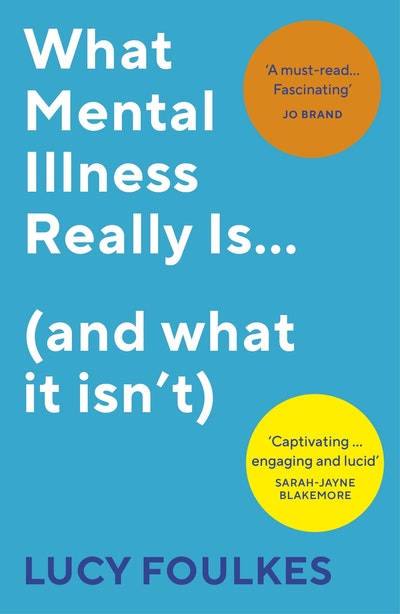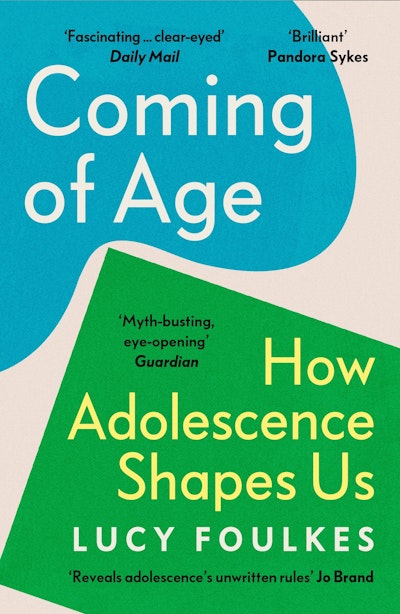- Published: 20 September 2022
- ISBN: 9781529113372
- Imprint: Vintage
- Format: Paperback
- Pages: 320
- RRP: $24.99
What Mental Illness Really Is… (and what it isn’t)
- Published: 20 September 2022
- ISBN: 9781529113372
- Imprint: Vintage
- Format: Paperback
- Pages: 320
- RRP: $24.99
This beautifully written and compassionate account, backed by state-of-the-art scientific evidence, delivers an important message: there is far more variation in the state of our mental health and far more complexity in the diagnosis of mental illness than we tend to believe. This book is needed urgently so that we can examine fears of a tsunami of mental health problems, especially in the light of the current pandemic. Anyone touched by such problems will find much helpful practical advice
Uta Frith, Professor Emeritus of Cognitive Development
Losing Our Minds communicates complex research findings on mental illness with unusual clarity and compassion, and without oversimplifying or shying away from the difficult questions. Everyone who either lives with or knows someone with mental illness should read it. In other words, everyone should read it
Essi Viding, Professor of Developmental Psychopathology
This wonderful book offers an amazingly readable and cutting-edge scientific account of mental illness and its relation to the stresses many young adults experience as well as the language we use to talk about ourselves
Matthew Broome, Professor of Psychiatry and Youth Mental Health
A totally counter culture take ... kind and clear-thinking
Helen Rumbelow
A broad and refreshingly non-political survey ... [that] highlight[s] several difficult truths about the reality of mental illness ... Foulkes carefully lays out what we know ... Some of her findings are surprising ... Foulkes is not interested in grand generational diagnoses. She argues that while everyone may suffer from the symptoms of mental distress, only a minority experience mental illness ... Foulkes's message is a cry for nuance and complexity. As she writes, 'all forms of psychological distress are the price we pay for being alive.' While those who are seriously unwell have a right to professional attention, for the rest of us, an awareness of this truth may be just the treatment we need
Nicholas Harris, Prospect
A guide to the state of the art in the science of mental illness ... lucidly written and builds its case with a winning combination of care and concision ... this impressive book is a great starting point for well-informed conversations on the issue. It speaks with calm, rational humanity about why we should hesitate before medicalising our emotions
Professor Thomas Dixon, History of Emotions blog





